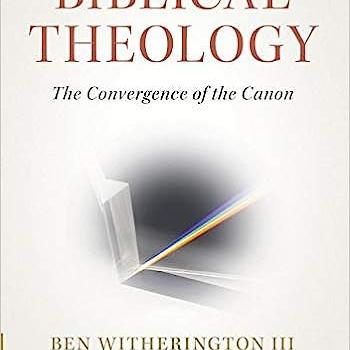Over the course of some 40 years of teaching the Bible, I have become increasingly weary of the misreading of the slave passages in both the OT and the NT. This frustration was only exacerbated when the Museum of the Bible had a special exhibit a couple of years ago of ‘the Slaves Bible’, a Bible produced by slaveholders in the U.K. for their colonies where slavery was the very means by which rice and cotton plantations (and other sorts as well) were able to operate to produce great wealth for the plantation owners. This Bible cut out all passages in the Scriptures that might suggest that slavery was not God’s design for Africans in relationship to the white race. But if the Bible was such an advocate of slavery, why would about 25% of its relevant verses need to be deleted? Why would a passage like Gal. 3.28 need to be left out altogether? Let me just say at the outset that I understand that the Bible was often used as a tool to advocate slavery. This was true in my native region of the South in the U.S. And here is where I quote a famous Latin dictum— ‘Abusus non tollit usum’. The abuse of a text does not rule out its proper use. Misinterpretation of the slave passages has been rampant throughout the last 2,000 years, and in an ironic twist, that same misinterpretation today is used to dismiss the Bible’s authority when it comes to ethical matters including not only slavery, but other hot button issues like sexual orientation and same sex sexual activity. What’s wrong with this picture? Much indeed.
Let me start with a theological point too often overlooked entirely in such discussions. We live in a fallen world, a world full of sin and self-centered behaviors of all sorts. And a fallen human being has an infinitive capacity to justify his self-serving behavior and preferences. This fallenness has led not only to the enslaving of some human beings by others, it has also led to patriarchy as well. It is no accident that while the beginning of the Bible tells us that ‘male and female’ he created them equally in the image of God, that after the ‘original sin’ story we learn that part of the curse on humanity will involve ‘your desire will be for your husband and he will lord it over you’. This is not the creation order design, this is the curse that falls upon humans because they chose sin over obeying God’s commandment. And it is no accident either that after that original sin we hear for the first time about violence–about brother killing brother, and almost as quickly about patriarchy lived out and then slavery as well. Both of the latter involve the desire and will of some human beings, particularly males, to dominate other human beings. Slavery of course in the Bible was not primarily race based. Indeed, in the Greco-Roman world of the Roman Empire it was not based on the color of one’s skin at all. It was the result of who conquered whom and thereafter who enslaved who. So unlike in the antebellum South in the U.S. in Paul’s world you had slaves who had previously been elite members of society, well-educated persons, teachers, philosophers, business persons, skilled artisans, and I could go on. Now I point this out because it is a fundamental mistake to read the Bible in the light of modern concerns about racism, and in particular racism on the basis of skin color as well as place of origin. Skin color was not in the main the basis of racism or slavery in antiquity. The Bible needs to be read in the light of its own context, not the context of the recent past in Europe and America (and elsewhere).
This post is just a ground-clearing exercise for the next one, where I can get down to cases and texts. What we will discover is that the Bible is by no means pro-slavery.













